‘Enough of adobo, Manny Pacquiao and tinikling…’
By Cristina DC Pastor
He was named after Yves Saint Laurent, but the activist in Yves Lawrence Nibungco is amused, as if finding it ironic that his name would command bourgeois attention identified with the couture designer.
“Ee-ves,” is how the mild-mannered chair of Anakbayan New Jersey would rather be called. Not “Eve” as the French fashion visionary’s name is pronounced.
Yves, 23, is such an engaging storyteller he regaled us with the details of how he got his French name. His way of ushering us into his compact life as a descendant of OFWs and now an advocate for youth immigrants rights.
“Lola ko OFW,” he said. “Yung mga catalog sa eroplano sinasama niya sa mga balikbayan box na ipapadala sa amin. Kasama dun yung mga catalog na YSL. Kaya yun, nanay ko pinangalan ako kay Yves Saint Laurent.”
His grandmother, a seamstress who sewed uniforms for a Saudi private school, may have paved the way. Yves father – who was separated from his mother – was also an OFW, migrating to the U.S. when he was a toddler not quite one. His other set of grandparents also worked abroad.
At 18, Yves would be petitioned by his father, who now owns a chain of nursing homes in California. But he would run away from the comfort his father provided. Yves is now living on spartan means in Jersey City finding work when he can and looking forward to return to school to take up law.
“Naglayas ako papunta dito,” he began. “Nag-ipon talaga ako. Pinaghandaan ko talaga.”
Anakbayan NJ provided continuity to Yves’ interrupted life as a cause-oriented idealist. In the Philippines, he was a constant at rallies and political action meetings and organized a secret society of like-minded classmates at St. James Academy in Malabon called “Malayang Jamers.” His mother, worried about Yves’ increasing involvement with the activist movement, decided to send him off to his father in Palmdale, Calif.
“Hindi naman kami close,” he said, explaining further why he left. “Pero naging close ako sa mga stepbrother and stepsisters ko.”
In Anakbayan NJ, he found meaning in being in the U.S. and a little bit of comfort level. It was the first advocacy group he joined after he ran away. Anakbayan traces its origins and tradition to the Kabataang Makabayan — two separate organizations abiding by the same principles. Anakbayan “respects” the option of armed struggle but does not espouse it, said Yves.
“Dun lang kami nagkaiba,” he said. “We agree with the same critique of Philippine society, analysis and solutions we want to see.”
He finally found his footing. He met young newly arrived immigrants like himself, and they forged a bond held by their common sense of alienation. It could be frustration finding a job, tensions with parents, or a manner of speaking English with a strong Tagalog accent — their form of cultural resistance. They organized for mass actions on immigration and other political causes, and got Filipinos in Jersey City gangs to channel their energy toward more meaningful activity.
“The FilAm youth is looking for a higher, more defiant identity,” said Yves. “Enough of the adobo, Manny Pacquiao and tinikling. To complete their identity they continue to link their struggle with the struggle of the Filipino people.”
The young progressives see themselves as the new-breed Andres Bonifacio or Jose Rizal, he said. Bonifacio, for leading the first Philippine revolution seeking change; Rizal because like many OFWs, he was abroad a lot but continued to campaign for nationalism.
To those who carp about activists being in the U.S. and yet are critical of the U.S. government, Yves said: “Many of us are here not because they wanted to but they’re forced by socioeconomic forces in the Philippines that continue to exist. It’s not a question of choice or preference. It’s a question of structures that exist where you’re being forced to migrate. We have a long history of migration to the U.S. Personally, it’s not my choice to come to the U.S.”
Cristina DC Pastor is the founding editor of The FilAm.


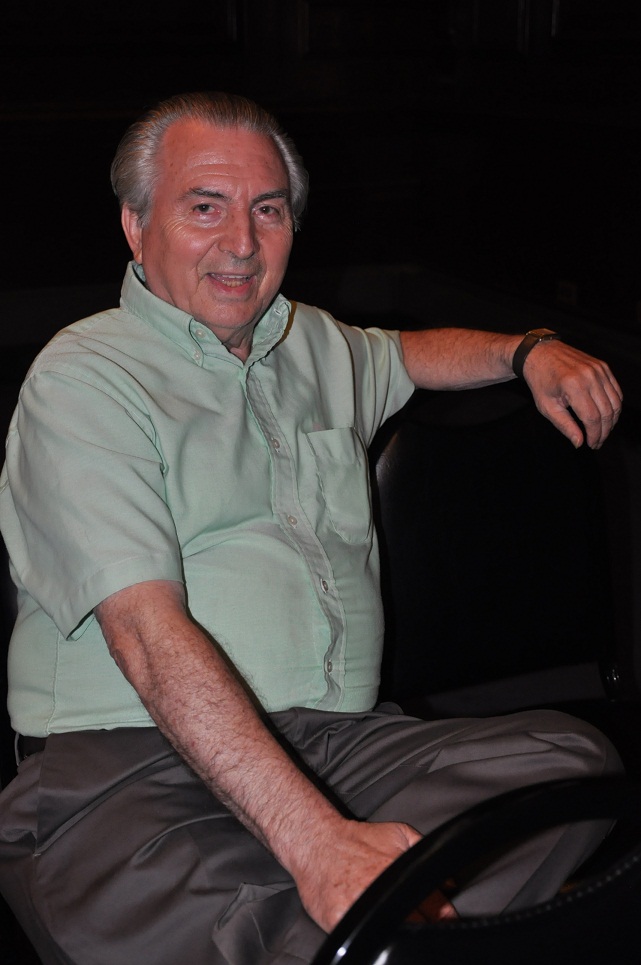

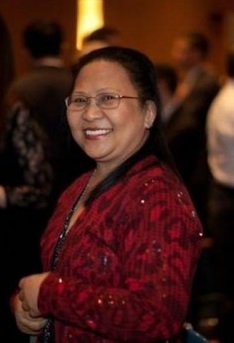
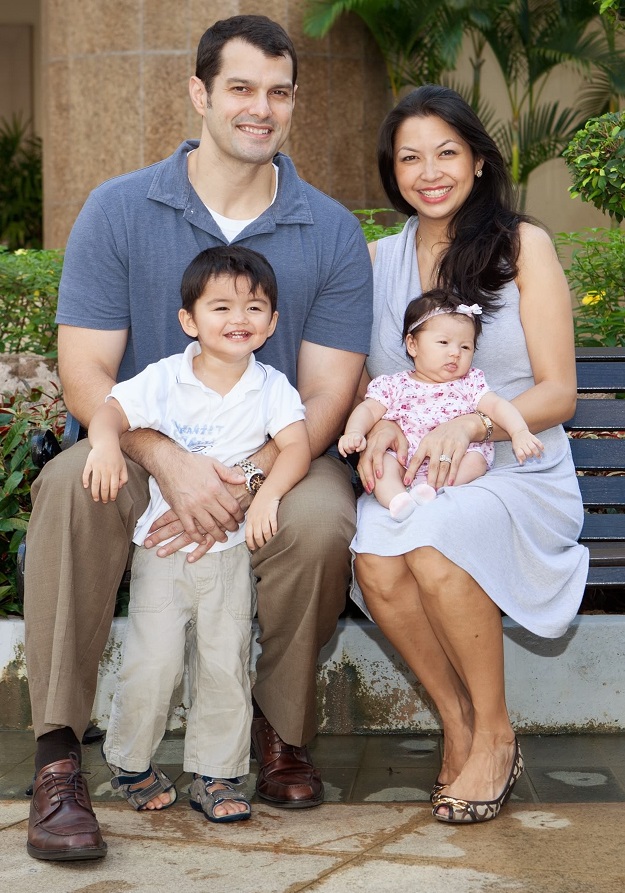


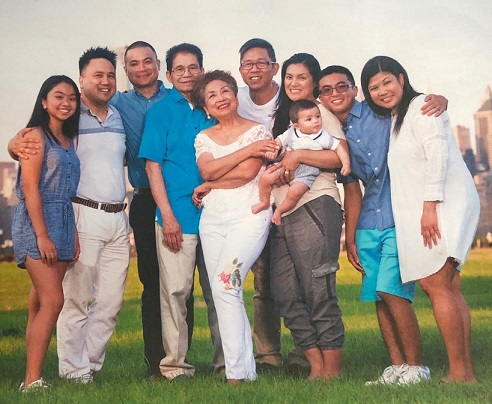
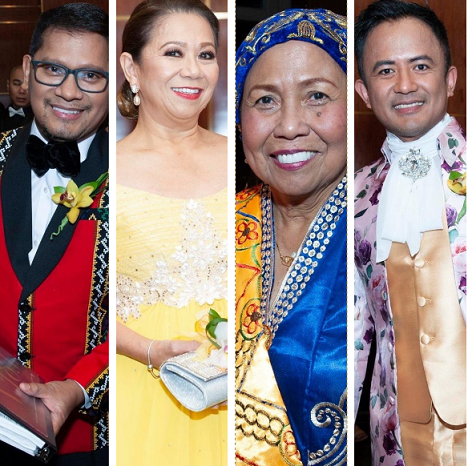
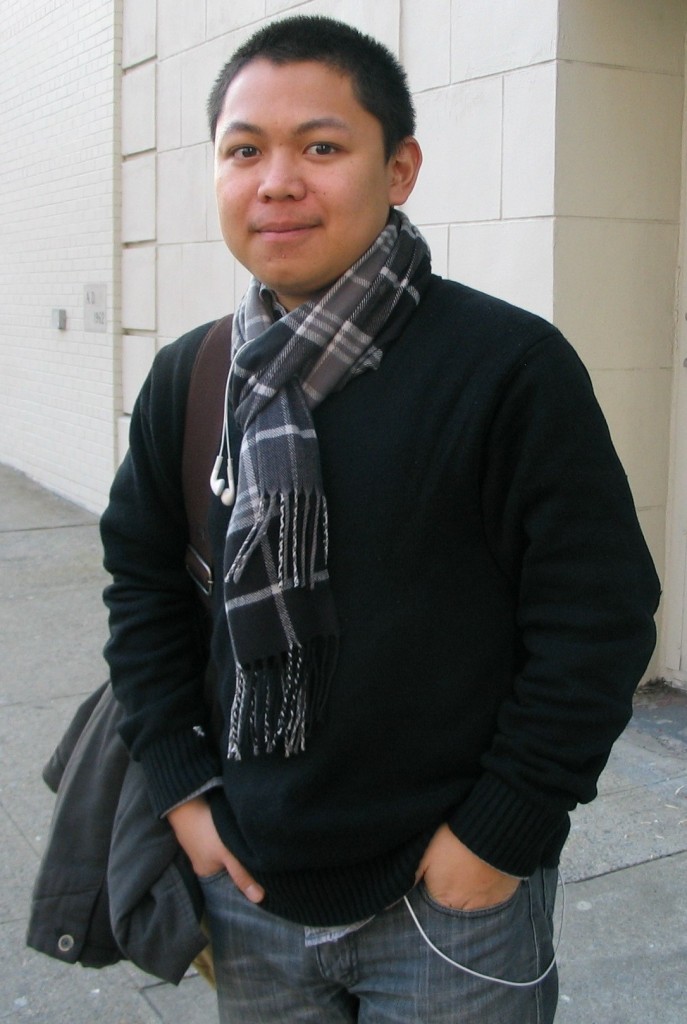
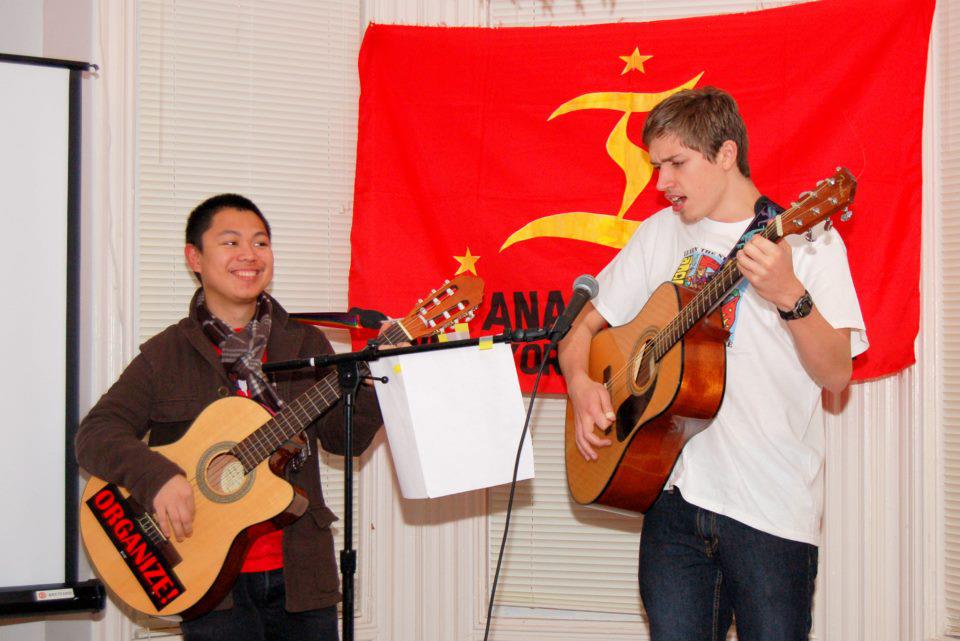

Sweet post!